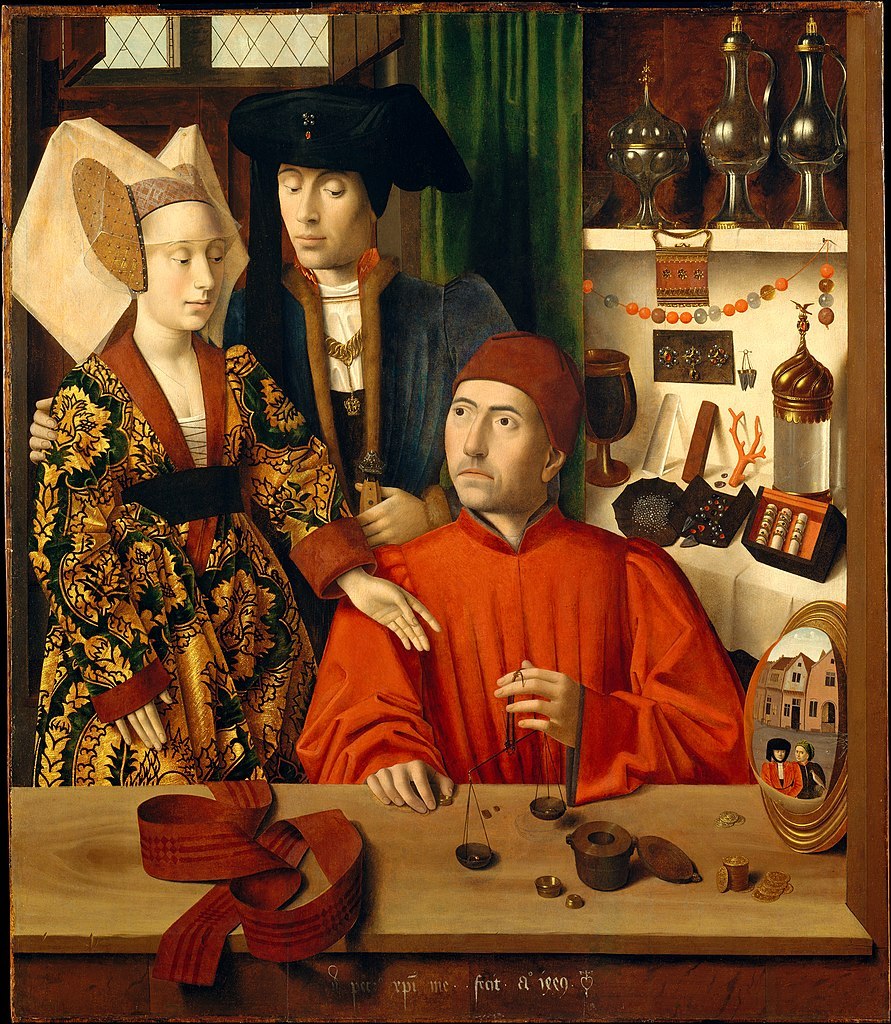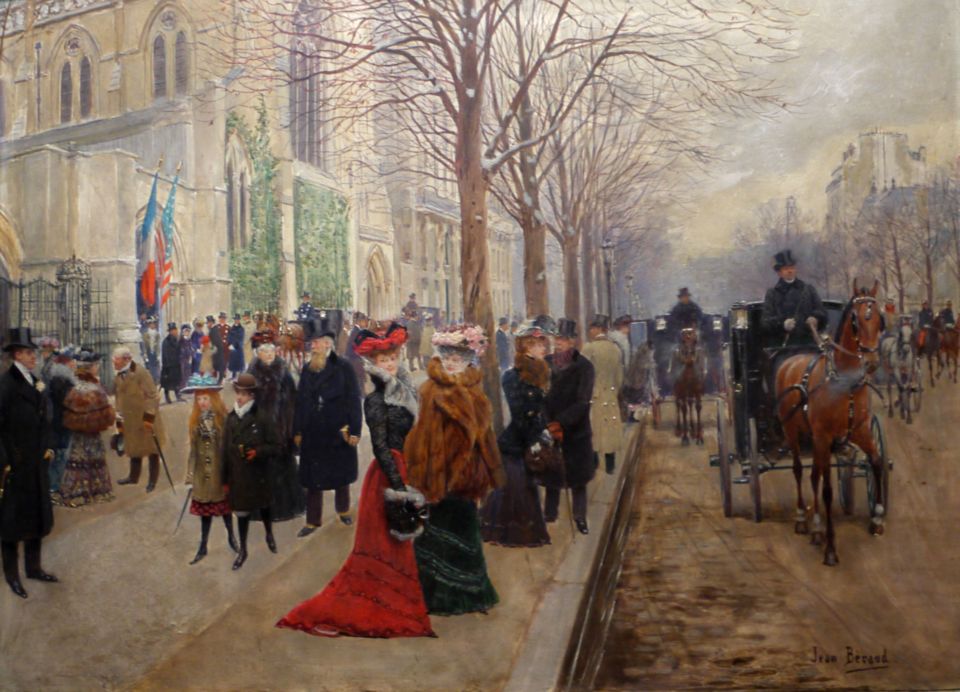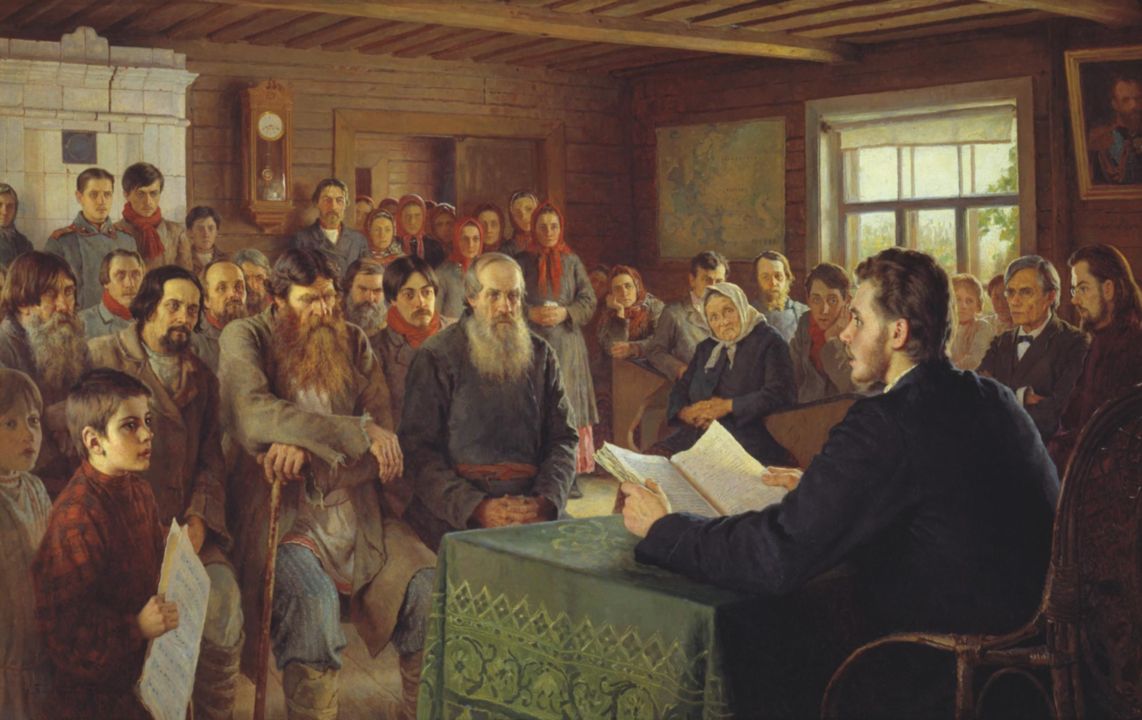We’ve all heard the claims…
The evil “one-percent” holds most of the world’s wealth. Therefore tax the rich harder. Inequality is on the rise.
But is any of this true?
Who are the “one-percent?” How much money do “they” really have? And should their money be taken from them?
And are agencies justified in putting out media headlines like, “The richest 1% now has as much wealth as the rest of the world combined, according to Oxfam.”
Or, “Half of world’s wealth now in hands of 1% of population.”
Such claims are intentionally deceptive, since they are designed to get you to think a certain way, so that you will support a particular agenda.
This is all designed to tame and make compliant the will of the people, a process in which the media plays a high-hand by no longer reporting facts but constructing narratives which will tell you how to think.
This brings up another problem entirely – whether the job of the media is to report events, or use them to mold your will.
The deception is in the details, in the way the figures are presented, with the assumption that most people will just read the headline, pick it up as a sound-bite, and keep repeating it, as if it’s true. This is known as “the power of the media.”
This “power” is only possible as long as the people allow it to influence them. But that’s another topic entirely.
So, let’s take an honest look at the actual numbers, without an agenda.
We shall use two major sources considered the most accurate, namely, BCG (The Boston Consulting Group) and the Hurun Report.
This what the latest numbers tell us…
There are 2,257 billionaires in the world. Their ranks have increased 3 percent over the past year – and 55 percent over the last 5 years. This is the total number of the “one-percent.”
All of these billionaires are newly minted, meaning that none of them inherited wealth; they created it by their efforts. In fact, two-thirds of all the billionaires come from humble backgrounds who carved out their own financial destinies.
The total worth of these billionaires is $8 Trillion. This is an increase of 16 percent from 2016, and is greater than the entire GDP of Germany and France combined.
This combined wealth is also greater than the GDP of any other country in the world, with the exception of the USA and China.
In the USA, there are 552 billionaires, which is fewer than China, which has 609 (it added 41 new ones to its ranks, in 2016, while the USA only added 17). Both countries have half the total number of billionaires on this planet.
The source of their wealth is not only stocks but also entrepreneurship. In other words, they create more wealth each year by putting their money to work in the various regions of the world, by way of industry and trade.
Now, let’s compare this $8 Trillion of the “one-percent,” with the wealth of nations – how much each region has. This is what find (these figures are for 2016):
North America’s wealth (mostly the USA, but also Canada) totalled, $55.7 Trillion.
Western Europe’s wealth totalled, $40.5 Trillion.
Eastern Europe’s wealth came in at $3.6 Trillion.
Japan’s wealth came in at $14.9 Trillion.
Latin America’s wealth was little better than Eastern Europe, totalling, $5.4 Trillion.
The wealth of the Middle East and Africa combined totalled, $8.1 Trillion.
Asia-Pacific (mostly China) came in at $38.4 Trillion.
Thus all told, the wealth of nations totalled, $166.5 Trillion. By 2021, this figure will increase to an estimated $223.1 Trillion.
How does this compare with the combined wealth of the “one-percent?”
Taking just the annual budget of the US, for 2017, the amount that will be spent to run the nation will be $3.65 Trillion, which exceeds the total revenue ($3.21 Trillion) by 2.5 percent.
So, theoretically, if the one-percent was stripped of its entire $8 Trillion, that amount would only be enough to run the US for little more than 2 years (2.19 years to be exact).
This quick comparison points to two things.
First, the railing against the “one-percent” is pure ideology rather than practical economics.
Second, the “one-percent” acquires (and acquired) its wealth by way of the wealth of nations – that is, by the entire economic engine fueled by the labor of people. The wealth of the one-percent and the wealth of nations is inseparably linked.
In other words, the one-percent do not earn their wealth separately from the way the remainder of the people earn their incomes. Their wealth feeds into that engine, which then produces more wealth (hence growth).
These billionaires are privileged only in the fact that they have gained wealth through industry. Two-thirds of them did not inherit it.
This is not to say that there isn’t disparity and exploitation, but these are separate issues from how we are to perceive the wealthy. For a bit of perspective, here is how the wealth of nations itself divides up.
In North America, 39 percent of the population has less than a million dollars. 37 percent has $1 to $20 million. 14 percent has $20 to $100 million. And 9 percent has more than $100 million.
In Asia-Pacific, 57 percent of the people have less than a million dollars. 28 percent have $1 to $20 million. 10 percent have $20 to $100 million. And 6 percent have more than a $100 million.
In Western Europe, 70 percent of the population has less than a million dollars. 19 percent has $1 to $20 million. 3 percent has $20 to $100 million. And 8 percent has more than $100 million.
In Japan, 77 percent of the population has less than a million dollars. 20 percent has $1 to $20 million. 2 percent has $20 to $100 million. And 1 percent has more than $100 million.
In the Middle East and Africa, 44 percent of the population has less than a million dollars. 30 percent has $1 to $20 million. 18 percent has $20 to $100 million. And 8 percent has more than $100 million.
In Latin America, 54 percent of the population has less than a million dollars. 26 percent has $1 to $20 million. 10 percent has $20 to $100 million. And 9 percent has more than $100 million.
In Eastern Europe, 48 percent of the population has less than a million dollars. 19 percent has $1 to $20 million. 14 percent has $20 to $100 million. And 19 percent has more than $100 million.
When these figures are calculated on a worldwide basis, this picture emerges:
55 percent of the world’s population has less than a million dollars. 28 percent has $1 to $20 million. 9 percent has $20 to $100 million. And 8 percent has more than $100 million.
In effect, 45 percent of the world’s population is very wealthy, while a little more than half (55 percent) ranges from impoverished to very comfortable.
This means that the one-percent is really the eight-percent – and their ranks are continually growing, as new wealth is created, which propels individuals into the higher echelons of financial well-being.
In other words, prosperity is increasing rather than decreasing throughout the world.
How is this possible? Very simply by the fact that the wealth of nations is always working to earn more, and this earning increases the overall prosperity of nations and the people in them.
So, for example, in North America, the bulk of the wealth ($55.7 Trillion) resides in equities and bonds (70 percent and 16 percent respectively). Only 14 percent is in cash and deposits.
This raises a very interesting point – that the monetary policies in place today actually do create wealth – and this wealth is spreading (though not as widely as we might want it to). But the fact that monetary policies actually create and sustain wealth is important to note.
And this raises the entire topic of “fiat money” which is often the straw-man of those who think that a return to a gold-standard is preferable to the way the economies of the world work right now. (Such “critics” fail to address the fact that the wealth of nations is actually creating a lot more wealth, which is being distributed to more and more people).
Indeed, the middle class is growing and increasing rather than dying (those that propagate gloom-and-doom scenarios, including most politicians, are ideologues rather than economic realists).
The fact that the vast amount of wealth created in the US depends upon “fiat money” means that the dollar unhinged from metal (gold) is robust and provides consistently good results.
Money is only a medium of exchange. It has no value outside of that. To bandy about terms like “fiat money” becomes meaningless when we regard money in this way. It is a method of exchange, and therefore anything can take on that role. In contemporary economies, the gold-less approach has provided the greatest means to greater wealth creation.
In fact, the claims of stripping the “one-percent” of their wealth is nothing than pointless (and reckless) Marxist rhetoric, which seeks to further social agendas by spreading false assumption that some robber-elite has taken all our money.
Wealth does not come from nothing. It is the result of wealth working with wealth to create more.
And since the middle class is growing rather than shrinking, people have far better lives than they did just thirty years ago.
The widely influential book by Thomas Piketty, Capital in the Twenty-First Century successfully launched the entire narrative of the “one-percent.” But its assumptions and its conclusions are false and serve only to foment dissent (perhaps the book’s true goal).
Actual data tells us that people in North America are living longer, have better lives and larger homes than people forty years ago. That is a great economic accomplishment.
The figures also plainly show – that the wealth possessed by the billionaires is hardly enough to run any country in the world.
To strip the billionaires of their wealth also means effectively shutting down the entire engine of prosperity, which provides an income for the vast majority of people of this world.
To shut down it all down and symbolically take away the wealth from billionaires is wilful ignorance.
This also suggests that arguments about economic inequality are baseless, because taxation is partly redistributed as welfare. Of course, there is poverty, but that is not the same as income inequality.
Further, the billionaires, like everyone else, actually earn their money, by providing products and services that people need, and which are good for society.
Taking such economic realism further, we have to bear in mind that money (whether it belongs to billionaires or not) is either spent or saved. There is nothing else you can do with money.
If it is saved, it becomes the engine of investment, which in turn gets put into industry or services that then provide jobs. If money is spent, it increases the consuming of products (made by industry) and services. Again, this money creates jobs.
Thus, whether money is spent or saved it continues to fuel the engine of the wealth of nations, in which everyone participates, billionaire or not.
To simply repeat Marxist talking points about taking away money from the “rich,” while providing no viable alternative once this money is taken away, is nothing more than irresponsible bluster.
In fact, the economic failures of Marxism are monumental and succeed only in creating masters and slaves.
Just consider this – Marxism, or socialism, is the ultimate Ponzi scheme – it can only sustain itself by continually taking money from others. It is not built to actually create wealth, let alone distribute any wealth to anyone.
Thus, socialism does indeed succeed in making everyone equal – but everyone is equal only in their poverty. We have only to look to Venezuela, North Korea, Bolivia for yet more examples of the socialist utopia. And poverty must always end in social collapse.
Perhaps it might be far more worthwhile to critically examine the purveyors of political rhetoric who are only interested in destroying things, rather than building things and participating in a world that creates wealth enough for all.
The engine of worldwide prosperity is the free market. Governments and Marxist rhetoric need to get out of the people’s way.



